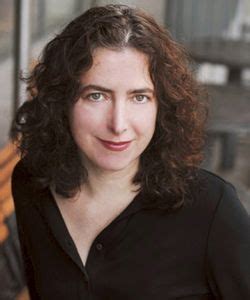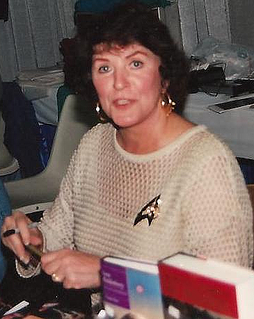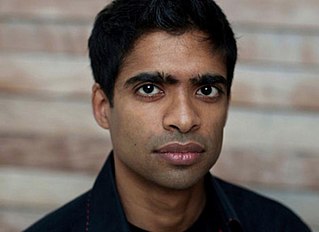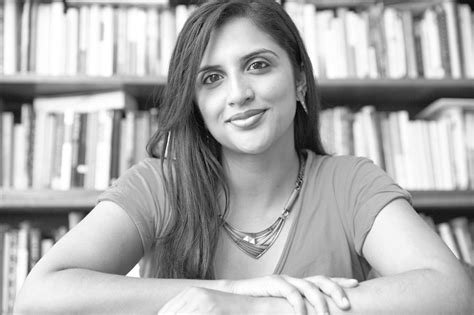A Quote by Diana Abu-Jaber
Here is something you have to understand about stories: They point you in the right direction but they can't take you all the way there. Stories are crescent moons; they glimmer in the night sky, but they are most exquisite in their incomplete state. Because people crave the beauty of not-knowing, the excitement of suggestion, and the sweet tragedy of mystery.
Related Quotes
I have always felt a little bit uncomfortable with question [why I'm write these stories]. It's not a question that you would ask a guy that writes detective stories or the guy that writes mystery stories, or westerns, or whatever. But it is asked of the writer of horror stories because it seems that there is something nasty about our love for horror stories, or boogies, ghosts and goblins, demons and devils.
Each of us is comprised of stories, stories not only about ourselves but stories about ancestors we never knew and people we've never met. We have stories we love to tell and stories we have never told anyone. The extent to which others know us is determined by the stories we choose to share. We extend a deep trust to someone when we say, "I'm going to tell you something I've never told anyone." Sharing stories creates trust because through stories we come to a recognition of how much we have in common.
Stories hold power because they convey the illusion that life has purpose and direction. Where God is absent from the lives of all but the most blessed, the writer, of all people, replaces that ordering principle. Stories make sense when so much around us is senseless, and perhaps what makes them most comforting is that, while life goes on and pain goes on, stories do us the favor of ending.
Character is too deep to catch in a single storyline. What really moves us - what makes the great stories, and there aren't so many of them - is the inevitability of character. The destiny. All we see is the arc. We'll never penetrate the secrets of the living, let alone the dead. I've spent my whole life trying to understand people, and all I've learned is that the deeper we look, the greater the mystery. At the core, each person is unknowable. Maybe that's the soul? I have to respect that. The mystery, in fact, is what I've loved the most, in people and in stories as well.

































